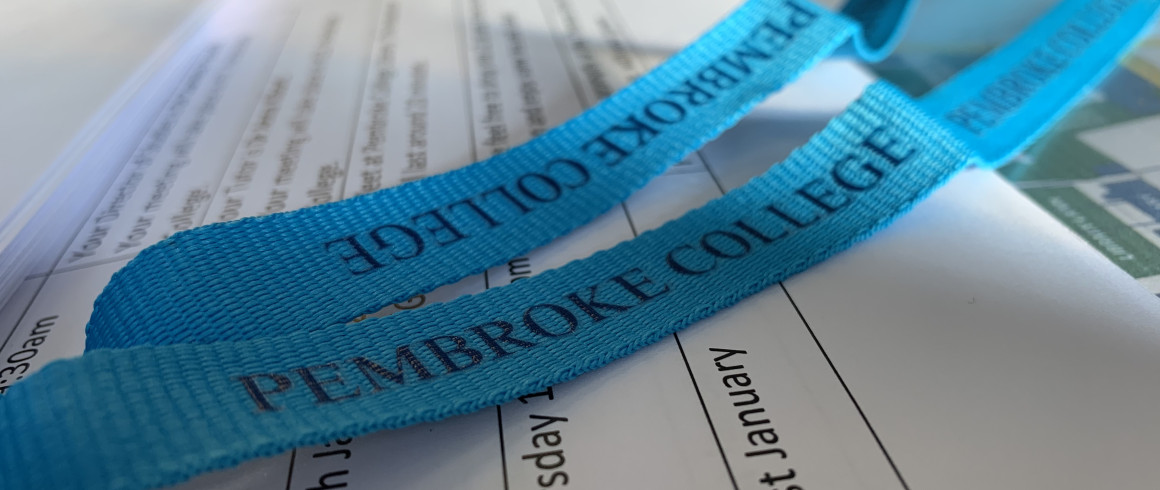Linguistics, Speech and Language Technology
New for 2024!
Linguistics is the scientific study of language and its structure, delving into the analysis of language form, meaning, and context. Linguists explore the complexities of various languages, aiming to uncover their fundamental principles and understand the cognitive and social dimensions of language use, acquisition, and evolution. This research area is tailored for students from diverse backgrounds, delves into captivating subfields of linguistics, such as language acquisition, phonetics, computational linguistics, language technologies, and forensic linguistics. With a broad spectrum of research topics and no prerequisites, students are expected to embark on a transformative journey culminating in a dissertation. This provides an opportunity for short research projects, whether theoretical, applied, or a blend of both, allowing students to explore these areas individually or in combination.
Intended audience
Open to students from all disciplines but may be of particular interests to students studying English language, a foreign language (ancient or modern), linguistics, psychology, computer science, language education, neuroscience, and law.
Previous knowledge
No prior knowledge of these areas is required, although a passion for language/language research is recommended; a working knowledge of computers and the internet would be advantageous. Students with prior knowledge of machine learning who are interested in computational linguistics and speech processing will be able to pursue more advanced topics if they wish.
Assessment
Dissertation (no more than 6,000 words): 100% of the total.
Research Topics
The potential research proposals you could pursue on the programme are listed below. The specific research focus of your project will be determined and confirmed with guidance from your supervisor:
- First and Second Language Acquisition and Multilingualism
- Phonetics, Phonology – theory and applications
- Computational Linguistics & Speech Processing (e.g., dialogue systems, language models)
- Digital & Language Technologies (e.g., CALL/CAPT systems, automated language assessment)
- Language Typology, Cognition, and Psycholinguistics
- Forensic Linguistics
Prefer to follow a research idea of your own?
Take a look at the Open Stream.
